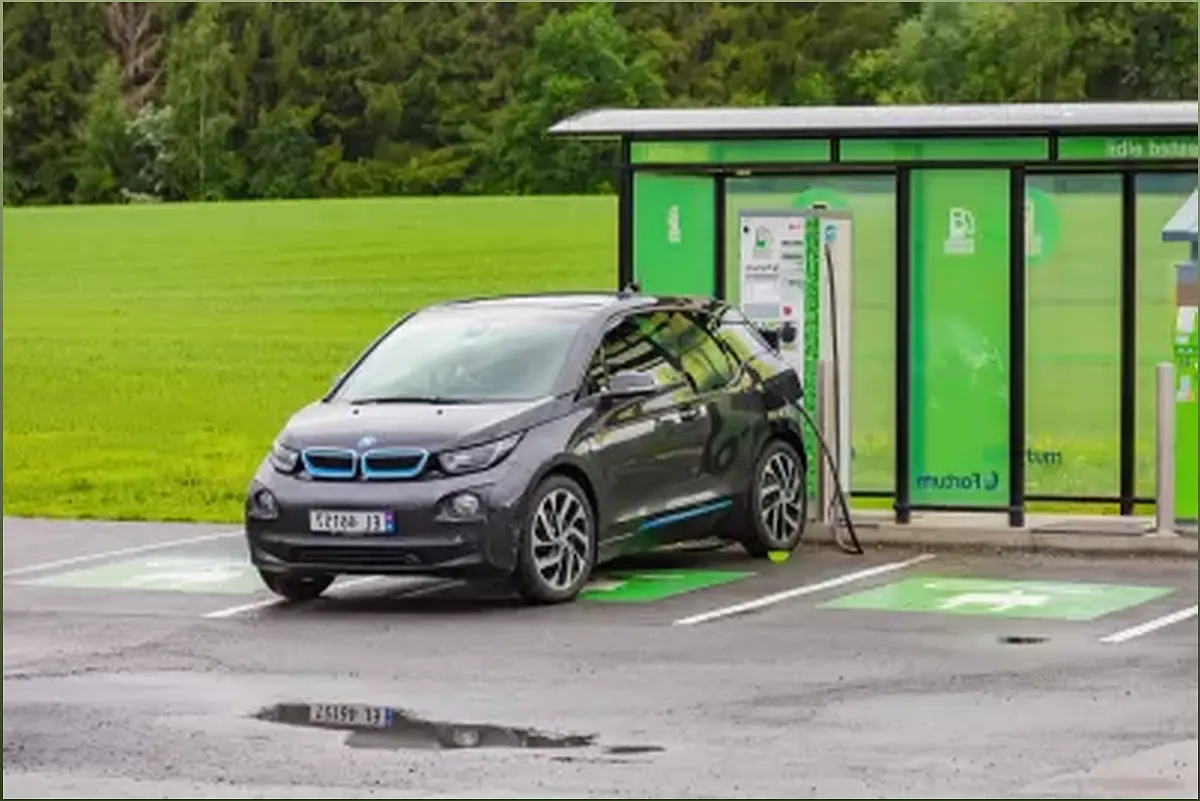In a thought-provoking piece for Vox, explore the unintended consequences of Norway's aggressive promotion of electric vehicles. While hailed as a pioneer in EV adoption, Norway's government is now grappling with the downsides of their electrification subsidies. This article delves into how the push for EVs is exacerbating inequality and impeding efforts to reduce car dependency in the famously egalitarian country.
The Downsides of Norway's EV Promotion
Explore the unintended consequences of Norway's aggressive promotion of electric vehicles.
Norway has long been hailed as a pioneer in electric vehicle adoption, with its government heavily investing in EV subsidies and infrastructure. However, the downsides of this push for EVs are becoming increasingly apparent.
One of the major concerns is the exacerbation of inequality. While EVs have become indispensable for many residents, especially in urban areas, not everyone can afford them. In fact, in Bergen, 67 percent of households in the lowest income quartile go without a car.
Additionally, the promotion of EVs has had an unintended impact on public transportation. The funding available for transit improvements has been reduced, as Norwegian public transportation budgets rely partly on road tolls, which EV owners are exempt from paying.
These unintended consequences highlight the need for a more holistic approach to decarbonizing the transportation industry, one that goes beyond simply promoting EVs.
Challenges in Reducing Car Dependency
Discover how Norway's aggressive EV promotion is hindering efforts to reduce car dependency.
While EVs are seen as a greener alternative to fossil-fuel powered cars, simply replacing one type of vehicle with another is not enough to address the issue of car dependency.
In Norway, the government's focus on EVs has made cars indispensable for many residents, particularly in areas with limited public transportation options. This has hindered efforts to reduce car dependency and promote sustainable modes of transportation.
Efforts to boost transit ridership, a key component of local mobility strategies, have been hampered by the diversion of funds towards EV promotion. The exemption of EV owners from road tolls has further reduced the funding available for transit improvements.
To truly tackle the issue of car dependency, Norway needs to prioritize a comprehensive approach that includes investment in public transportation and infrastructure, as well as incentives for alternative modes of transportation.
Lessons for Other Countries and Cities
Learn from Norway's experience and the lessons it offers for other countries and cities.
Norway's experience with EV promotion provides valuable insights for other countries and cities looking to transition to a greener transportation system.
Firstly, it highlights the importance of considering the broader impacts of EV adoption, beyond just reducing emissions. Efforts to promote EVs should be accompanied by measures to reduce overall vehicle miles driven and promote sustainable modes of transportation.
Secondly, it underscores the need for a balanced approach that takes into account the needs and accessibility of all residents. While EVs may be a viable option for some, it is crucial to ensure that affordable and efficient public transportation alternatives are available for those who cannot afford or choose not to own an EV.
By learning from Norway's experience, other countries and cities can avoid some of the unintended consequences of EV promotion and develop more inclusive and sustainable transportation systems.
Conclusion
Norway's aggressive promotion of electric vehicles has undoubtedly made significant strides in decarbonizing the transportation industry. However, it is important to acknowledge the unintended consequences that have arisen from this push.
The promotion of EVs has exacerbated inequality, with many low-income households unable to afford electric cars. Additionally, the focus on EVs has hindered efforts to reduce car dependency and invest in public transportation improvements.
These challenges serve as a valuable lesson for other countries and cities looking to transition to a greener transportation system. It is crucial to take a holistic approach that considers the broader impacts of EV adoption and prioritizes accessibility and sustainability.
By learning from Norway's experience, we can work towards creating transportation systems that are not only environmentally friendly but also equitable and efficient.
FQA
How has Norway's push for electric vehicles affected inequality?
Norway's aggressive promotion of electric vehicles has contributed to inequality, with low-income households unable to afford electric cars.
What impact has the promotion of EVs had on public transportation?
The promotion of EVs has diverted funding away from public transportation improvements, hindering efforts to reduce car dependency and boost transit ridership.
What lessons can other countries and cities learn from Norway's experience?
Other countries and cities should take a holistic approach to EV adoption, considering the broader impacts and prioritizing accessibility and sustainability.

